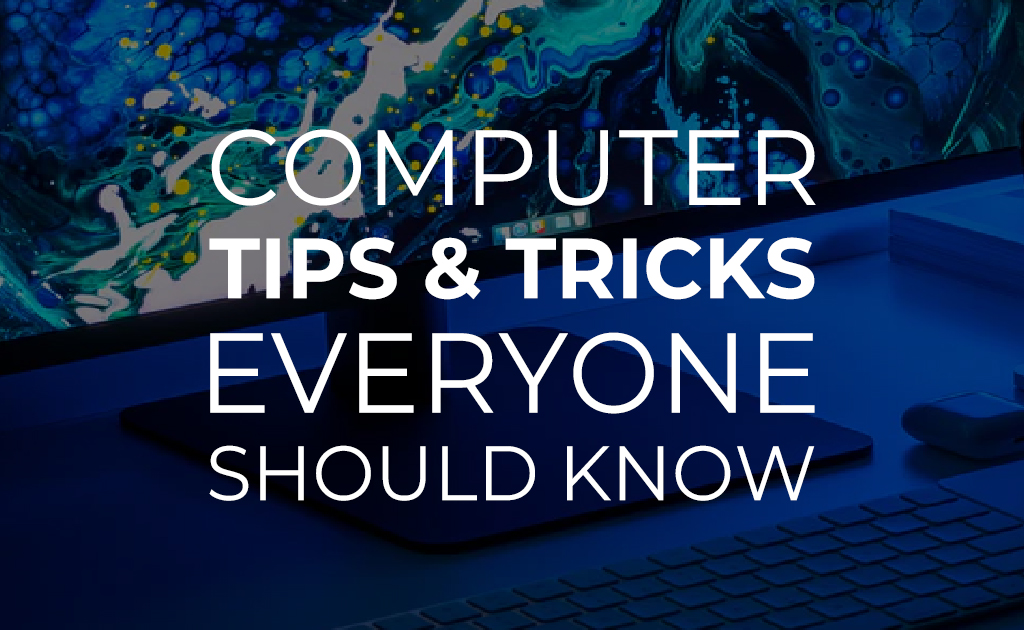Having a website is a great way to reach a wider audience and promote your brand or business. However, having a website is not enough. You also need to optimize it for search engines and make sure that it loads quickly and securely. In this blog post, we will share some tips and tricks to help you improve your website's SEO, speed, security, and performance.

1. Focus on SEO Best Practices
SEO stands for Search Engine Optimization, which is the process of optimizing your website to rank higher in search engine results pages (SERPs) for relevant keywords. To improve your website's SEO, you first need to research and identify relevant keywords that your target audience is searching for. You can use tools like Google Keyword Planner, Ahrefs, or SEMrush to find these keywords.
Next, you need to optimize your website's content, metadata, headings, and images for these keywords. Make sure that your website's URL structure is clean and concise, and that your site's navigation is user-friendly. You should also include internal and external links to relevant pages and sources, and make sure that your website's content is high-quality, engaging, and relevant to your target audience's needs, concerns, and interests.
2. Leverage the Google Network
Google has one of the biggest and fastest backbone networks in the world. By hosting your website on the Google Cloud Platform, or using a Google Cloud CDN (Content Delivery Network), you can improve your website's speed, reliability, and security. This is because your website will be running on the same network as Google Search and YouTube, which means that your website's content will be delivered faster and more efficiently to your audience.
3. Optimize Your Website for Speed
Website speed is crucial for user retention, engagement, and conversion. The longer it takes for your website to load, the more likely your audience will bounce off and go to a competitor's website. To optimize your website's speed, you need to ensure that your website's images, videos, and other media files are compressed and optimized for web delivery. You should also minify your website's CSS, HTML, and JavaScript files, and enable browser caching and server-side caching to reduce server load and improve website performance.
4. Secure Your Website with SSL and HTTPS
Website security is also essential for building trust and credibility with your audience. By securing your website with SSL (Secure Sockets Layer) and HTTPS (Hypertext Transfer Protocol Secure), you can protect your website's data and communications from hackers, cybercriminals, and other malicious actors. You can obtain an SSL certificate from a trusted certificate authority like Let's Encrypt, GlobalSign, or DigiCert, and enable HTTPS on your website's server.
5. Monitor Your Website's Performance with Google Analytics
Finally, you need to track and monitor your website's performance with Google Analytics. This will allow you to monitor your website's traffic, engagement, conversion, bounce rate, and other key metrics, and identify areas for improvement. You can also use Google Analytics to set up goals, track conversions, and measure your website's ROI (Return on Investment).
In conclusion, optimizing your website for SEO, speed, security, and performance is crucial for building a strong online presence and attracting and retaining your target audience. By following these tips and tricks, you can improve your website's visibility, user experience, and conversion rate, and stay ahead of the competition.